
Emor: Something Really New
Counting the Omer also involves an aspect of purity. While counting the Omer, we should ask ourselves, what is the ultimate good...

Counting the Omer
“And you shall count for yourselves, from the morrow of the rest day from the day you bring the Omer as a wave offering seven weeks; they shall be complete. You shall count until the day after the seventh week, fifty days, and you shall bring a new meal offering to Hashem” (Vayikra 23:15-16).
In this week’s parsha, the Torah discusses the connection between counting the Omer and Shavuot. This parsha is always read between Pesach and Shavuot, when we count the Omer.
Unlike all the other festivals, Shavuot is not identified as a specific day in the calendar, but as the fiftieth day after the Omer-offering. Beginning on the second day of Pesach, when the Omer, a measure of ground barley, was brought as a meal offering in the Temple, forty-nine days are counted, and the next day—the fiftieth—is Shavuot. This recalls the days in the Desert immediately after the Exodus, when the Jewish people excitedly counted the days, each day improving and elevating themselves to become worthy of receiving the Torah.
We count seven weeks between Pesach to Shavuot to demonstrate that we were granted our freedom at the Exodus for the purpose of receiving the Torah at Sinai. We were commanded to count from Pesach until the day we were given the Torah to show our earnest desire for the awaited day, as a weary slave looks forward to rest in the shade (Sefer Chinuch, Book of Education, Mitzvah 306).
For Yourselves
Rabbi Avrohom Shmuel Binyamin Sofer, the Ktav Sofer (1815-1872) draws our attention to the extra words, “for yourselves.” It would have been sufficient to write, “And you shall count.” Why did the Torah add: “And you shall count for yourselves”? The Ktav Sofer explains that this is to teach us to be concerned about the quality and purity of our behavior during the period of the Omer count, and not to just count the number of days that have passed since Pesach.
The term “for yourselves” resembles the term used in Parshat Lech Lecha: “And Hashem said to Abram (Abraham), ‘Go for yourself from your land and from your birthplace and from your father’s house, to the land that I will show you’” (Bereishit 12:1). Rashi comments: “Go for yourself”—“for your benefit and for your good.”
Similarly, the Omer count is for our benefit, a seven week opportunity to refine and elevate ourselves. Rabbi Sofer draws a parallel to the counting of a person who suffers from an abnormal discharge that renders him or her impure as a zav or zavah (detailed in Vayikra 15). Such a person counts seven clean days before immersing in a mikveh, a purifying bath. When instructing the impure person to count a seven day period free of impurity, the Torah uses the same expression, “he shall count for himself” (Vayikra 15:13).
Counting the Omer also involves an aspect of purity. While counting the Omer, we should ask ourselves, what is the ultimate good that a man should choose for himself, and what is the evil he must reject? (Ktav Sofer).
On the Morrow of the Shabbat
Rabbi Eliyahu Dessler, the author of Michtav Eliyahu (rendered in English as Strive for Truth), cites a passage in the Zohar that strengthens the connection made by Rabbi Sofer between the seven-day period that the zav counts and the seven-week Omer count. The number seven represents the completion of the spiritual building of the lower worlds, as we find concerning the Seven Lower Sefirot, Divine Emanations, in Kabbalah.
The zav’s impurity represents an element of sin that is removed by teshuvah, repentance. In general, we tend to weaken our resolve to do teshuvah. Therefore, when we seek to uplift ourselves from impurity to sanctity and holiness, we need to keep our resolve strong. If the zav’s seven-day count of clean days is disrupted by impurity, the count begins again. The seven days must be entirely clean, for this is the only way to build a strong and complete spiritual edifice.
In our redemption from Egypt, we moved from Pharaoh’s domain to God’s domain, from the realm of impurity to the realm of sanctity. The Jewish people needed to elevate themselves from the depths of impurity to the level of holiness in which they would be prepared to accept the Torah on Mount Sinai, and thus required a counting of seven times seven. They checked themselves daily for impurity of thought or desire that had penetrated a crack in their heart.
Rabbi Dessler cites the dispute from the Mishnaic period between the Torah Sages and the Sadducees. The Sadducees erred in interpreting the verse: “And you shall count for yourselves, from the morrow of the Shabbat, rest day, from the day you bring the Omer as a wave offering seven weeks” (Vayikra 23:15). They incorrectly understood that the Omer count must always begin on Sunday, the day after Shabbat. The Talmud proves in a lengthy discussion that the Torah refers to the day after the first Yom Tov of Pesach, which is also called a “Shabbat,” as the continuous tradition of the Sages of Israel that the Omer count begins on the second day of Pesach, no matter what day of the week it is (Menachot 65-66).
But why didn’t the Torah write, “And you shall count for yourselves, from the morrow of the chag, festival”? Rabbi Dessler explains that the Torah is alluding to the inner content of the Omer count. “Shabbat” carries the connotation of cessation of activity, and hints that we must bring an end to all impurity and sin during the count, just as the zav counts each day only when he is sure there is no impurity.
A New Offering
The Omer count begins on the day that the Omer, a measure of ground barley, was brought as a meal offering in the Temple. The Omer offering symbolizes that the prosperity of the field — despite the effort and labor required to wrest it from the soil —is a gift from God and we thank Him for it.
Before any grain produce of the new crop (chadash) may be eaten, the Omer must be offered. Once it is brought, all grain that had taken root prior to that time may be eaten; later grain must wait until the next year’s Omer is brought. Nowadays, in the absence of the Temple, the new crop may be eaten when the second day of Pesach is over.
According to the inner aspects of the Torah, writes Rabbi Dessler, the Omer offering teaches us that we may only use the material benefits of the world as tools to bring us closer to God. The entire world is His, and we may only use it for His service. This is the inner meaning of “from the morrow of the Shabbat”—to cause a cessation in the domain of impurity in the world. Once we succeed in awakening within ourselves the aspiration to bring everything in our lives back to God, we have to check ourselves on a daily basis to be sure we have not lost our inspiration for elevated living.
The Omer count leads us to Shavuot, when we bring two loaves of leaven: “You shall count until the day after the seventh week, fifty days, and you shall bring a new meal offering to Hashem. From your dwelling places, you shall bring bread that shall be waved, two loaves made of two tenths of an ephah; they shall be of fine flour, they shall be baked leavened, the first offering to Hashem” (Vayikra 23:15-16).
The two loaves symbolize the attainment of a new level, the acceptance of the Torah. This is why there are called “a new meal offering.” Every new attainment and spiritual comprehension that we acquire in the realm of avodat Hashem, serving God, is an entirely new world compared to the previous level.
In regards to the material world, Shlomo HaMelech, King Solomon said: “There is nothing new under the sun” (Kohelet 1:9), because all the material sensations and pleasures are the same for every man and have been the same throughout history. Only in spiritual attainments is each individual unique. Each of us are faced with decisions and challenges suited to our particular spiritual needs. No one else has ever faced the same challenges and no one else ever will. The Torah calls this unique spiritual attainment a “new meal offering.” Through distancing ourselves from the impurity, and refining our service of God during the seven weeks of the Omer, we can reach the heights of kabalat haTorah, receiving the Torah on Shavuot.


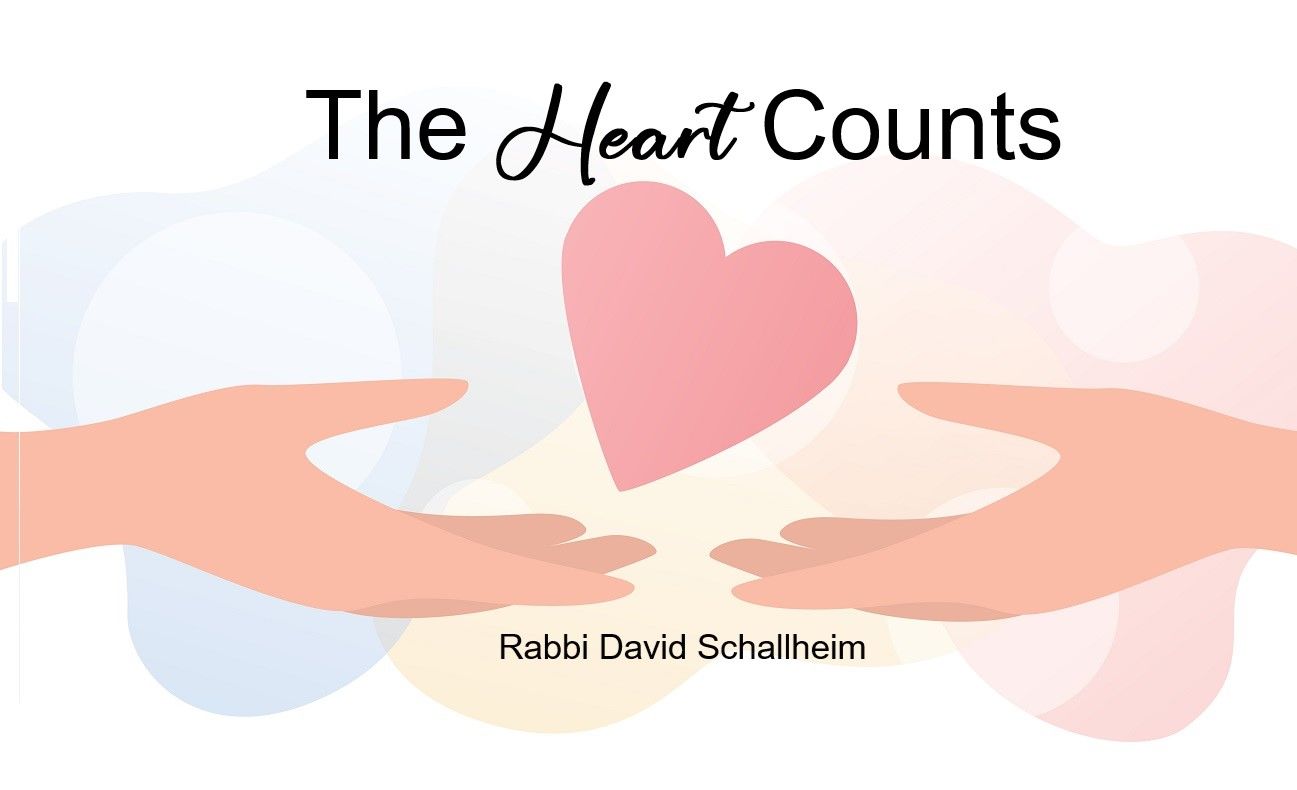
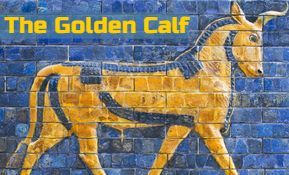

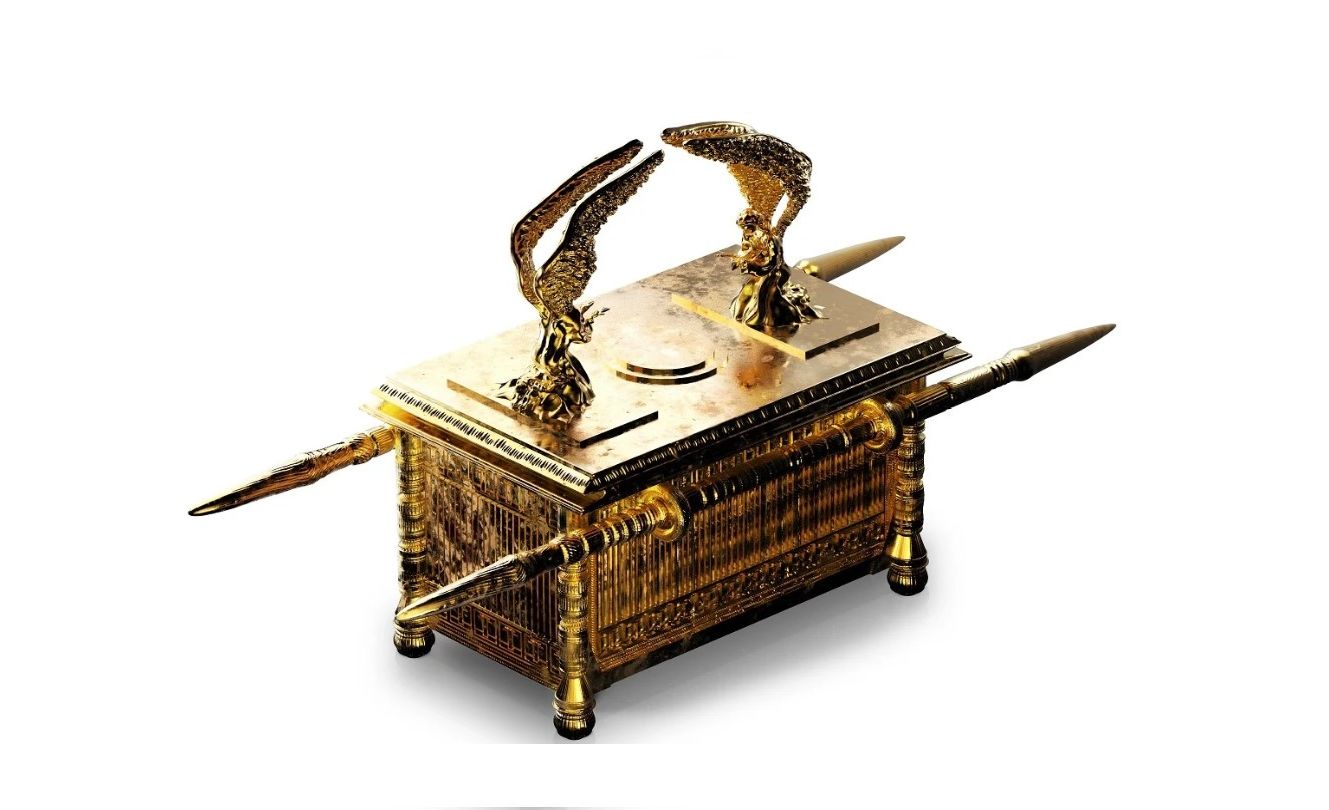

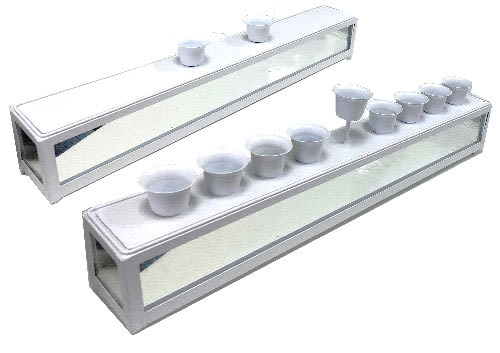


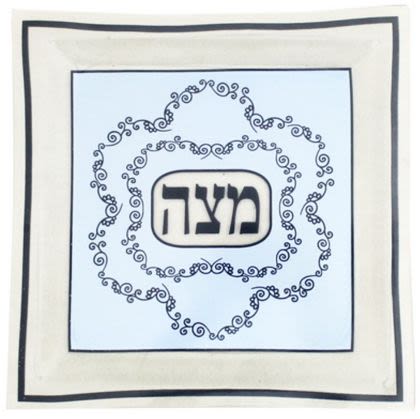
Tell us what you think!
Thank you for your comment!
It will be published after approval by the Editor.